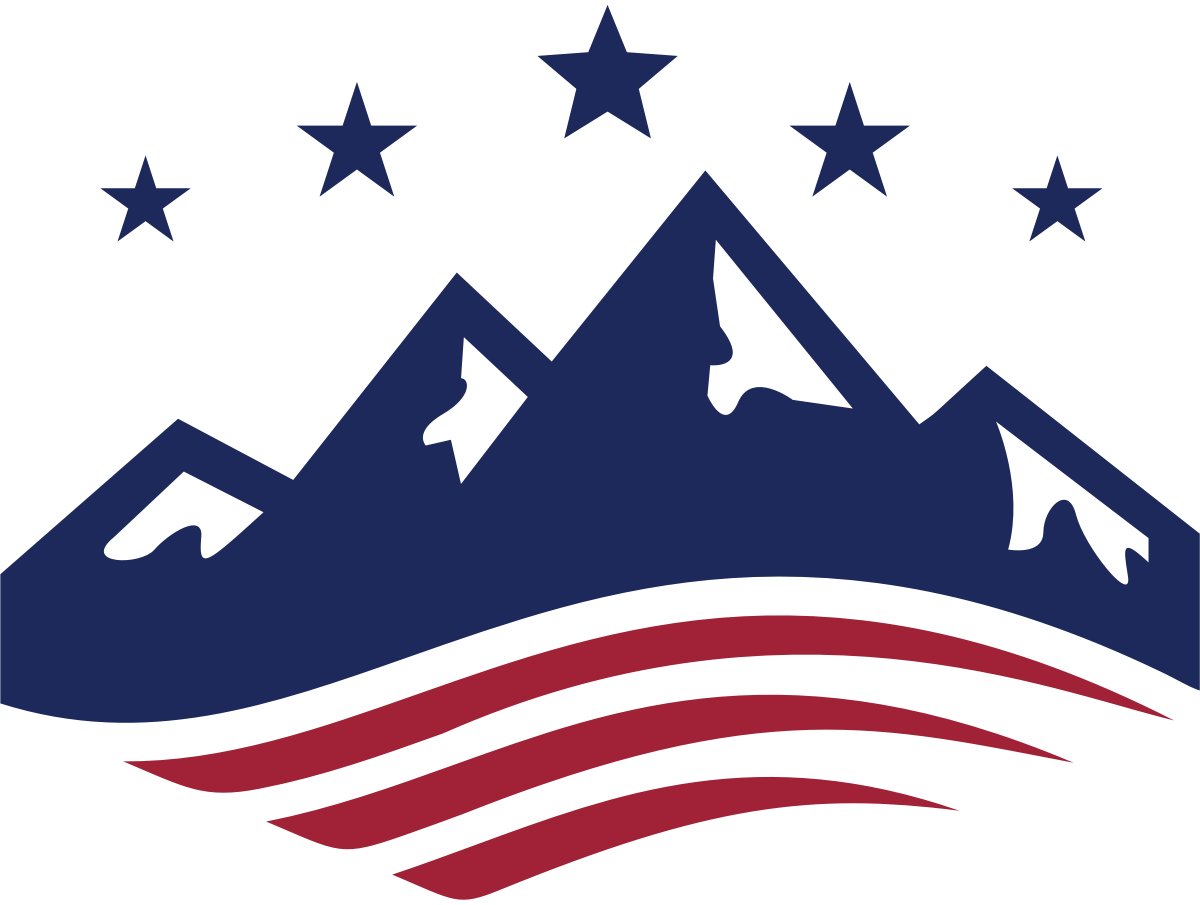
Written by William C. Duncan
August 9, 2023

Imagine a private school whose mission is to offer “Christ-centered education” to its students. Would it be a good idea for the government to be charged with deciding whether that mission is religious enough for the school to qualify for religious protections? How would they go about doing that? Would the court look at scriptural passages, for instance?
That would be problematic from a civil rights standpoint. If the government gets to decide what religious organizations are “religious enough,” it could use that authority to privilege politically popular religious beliefs over less popular or less understood (but equally sincere) religious beliefs. Given the interconnectedness of civil rights like religious freedom, freedom of speech, etc., this policy and legal principle could feasibly be extended further to police and punish, for instance, unpopular speech.
In fact, when the U.S. Supreme Court decided a case involving a Lutheran school with the precise mission described above, the court did not question the mission and ruled that churches must be free “in choosing who will preach their beliefs, teach their faith, and carry out their mission.” Similarly, in typical religious freedom cases, the court has explained, “it is not for us to say that [a party’s] religious beliefs are mistaken or insubstantial.”
An ongoing case in Wisconsin, however, seems to be calling this principle into question. It involves the Catholic Charities Bureau. As the charity’s attorneys explain:
Since 1917, Catholic Charities Bureau has fulfilled this mission for the Diocese of Superior in northern Wisconsin, providing a wide range of services to help the disabled, the elderly, and the poor throughout the Diocese. Catholic Charities Bureau’s mission, consistent with their Catholic faith, is to serve all those in need, regardless of their religious beliefs. Accordingly, each year Catholic Charities Bureau ministers to thousands of individuals and families in need by offering in-home healthcare, housing for the elderly and disabled, childcare services, employment opportunities, and other vital resources.
This case arose from a state rule requiring employers to contribute to the state’s unemployment insurance program. There are some exemptions, including for “an organization operated primarily for religious purposes.” The Catholic Bishops of Wisconsin have created their own unemployment insurance program, which “provides the same level of benefits to unemployed individuals as the State’s system,” but, the bureau believes, does so more efficiently.
The Catholic Charities Bureau would like to join the bishops’ program, but the state determined – and eventually the Wisconsin Court of Appeals agreed – that the bureau’s activities “are the provision of charitable social services that are neither inherently or primarily religious activities.”
The bureau is asking the Wisconsin Supreme Court to reverse that decision. They note that because of the lower court conclusion that the bureau’s “activities are not religious because Catholic Charities Bureau serves all those in need and doesn’t proselytize, the court penalized faiths that make caring for those in need—regardless of their religious background—a religious obligation.” More fundamentally, this type of assessment of whether a religiously motivated purpose is “religious enough” raises constitutional problems. It would arguably allow the government to establish what is and what is not a valid religious purpose or religious practice, contrary to the clear command of the First Amendment.
This type of misunderstanding is not confined to one side of the partisan divide. As a Real Clear Politics article on the case notes, some “Republican members of Congress accuse Catholic Charities USA of supporting illegal border crossings” by providing food and other assistance to migrants and are “threatening an investigation.”
The Supreme Court’s deference to religious organizations and people of faith to determine what their own beliefs require avoids this type of entanglement and government oversight of religious practices.
One possible objection to this deference is that it might allow anyone to get exemptions from laws by claiming that their choices are religiously motivated. There are two safeguards in current law that would prevent this problem: (1) To avoid perjury, someone making a claim of a religious belief has to sincerely hold that belief, and (2) more importantly, if a religious practice would harm an overwhelming government interest (like protecting the life or health of others), the government can still regulate that practice regardless of how sincerely it is held.
The work of the Catholic Charities Bureau in Wisconsin is a powerful illustration of the good that religious organizations can do – not only for believers but for society more generally. Those benefits are threatened when governments micromanage or limit the ability of these groups to carry out their work.

Insights: analysis, research, and informed commentary from Sutherland experts. For elected officials and public policy professionals.

- Legal rules established by the Supreme Court require governments to defer to religious groups and people of faith on the sincerity and validity of their beliefs.
- But in an ongoing Wisconsin case, government agencies have determined that the Catholic Charities Bureau is not religious enough to take advantage of a religious exemption involving unemployment insurance.
- The Supreme Court’s policy of deference ensures wide latitude for religious groups and people of faith to carry out their missions – which carries secular benefits for society, as the example of Catholic Charities illustrates.
Read More
Education policy to consider during the 2024 election season
Here’s a look at what each presidential candidate is likely to focus on in education, given their track records and campaign platforms.
Ignoring the text of the Constitution is a mistake
A written Constitution is entirely superfluous if the document is simply meant to give the people what they want.
What you need to know about election integrity
It should be easy to vote and hard to cheat. This oft-quoted phrase has been articulated as a guiding principle by many elected officials wading into voting and election policy debates in recent years. So why has this issue been so contentious, and what’s the solution?


